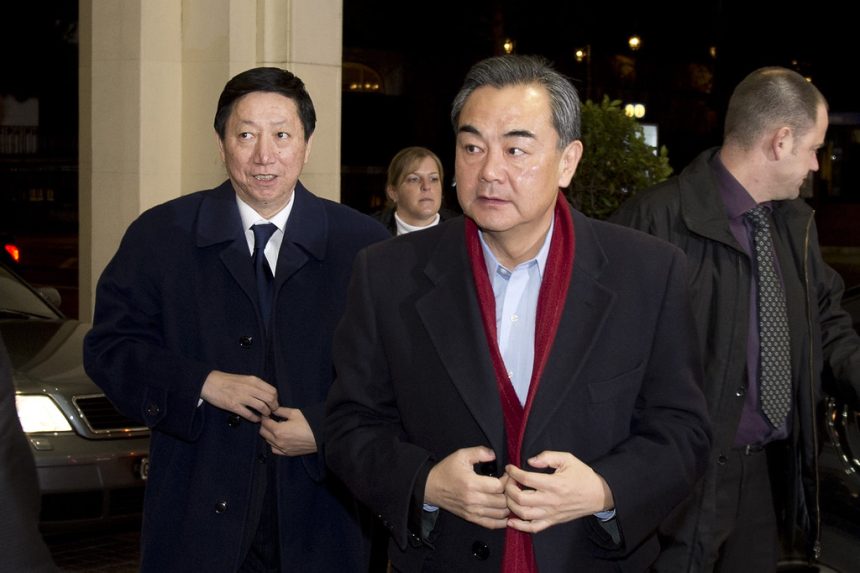In recent diplomatic exchanges, China has made its stance clear on the volatile Israel-Hamas conflict. Foreign Minister Wang Yi conveyed a message emphasizing the right of all nations to self-defense during a conversation with his Israeli counterpart, Eli Cohen. This marks the first top-level dialogue between China and Israel since the recent escalation between Israel and Hamas this month.
Balancing Rights with Responsibilities
While asserting the fundamental right of countries to protect themselves, Wang Yi didn’t lose sight of the larger humanitarian picture. He underscored the need for nations to operate within the confines of international humanitarian law, especially with regard to safeguarding civilian lives. This sentiment comes in the wake of the alarming casualty numbers reported from both sides. According to Israeli sources, Hamas militants’ initial assault from the Gaza Strip resulted in the tragic deaths of around 1,400 individuals, with a vast majority being civilians. Israel’s retaliatory strikes have claimed the lives of over 5,000 Palestinians in the Gaza Strip, the majority of whom were civilians, as stated by Gaza’s Hamas-run health ministry.
China’s Diplomatic Approach
China’s position on the conflict is intricate. While Beijing has refrained from openly condemning Hamas’s actions, it has taken an active role in encouraging peace. Wang Yi’s promise that China would vigorously support peace-fostering measures testifies to this. The U.S. holds hope that China’s amiable relations with Iran, a known backer of Hamas, could be instrumental in de-escalating the conflict. Notably, China played a pivotal role in mediating the tensions between Iran and Saudi Arabia earlier this year.
Foreign Minister Wang Yi highlighted the urgency to prevent further escalation of the conflict and avert a dire humanitarian crisis. Echoing Beijing’s long-standing viewpoint, he emphasized that the two-state solution remains the most feasible resolution to the ongoing strife. In Wang’s words, China ardently wishes for a comprehensive and just settlement of the Palestine issue, ensuring that the legitimate security concerns of all involved parties are addressed earnestly and thoroughly.
In conclusion, as tensions continue to simmer in the Middle East, all eyes are on global powers like China to help steer the region towards lasting peace. Beijing’s commitment to supporting peace efforts and its call for adherence to humanitarian laws underscores the country’s balanced approach to the complex geopolitical landscape.
Also learn about China’s Stance on the Israel-Hamas Conflict: Implications for Singapore and the Region.











